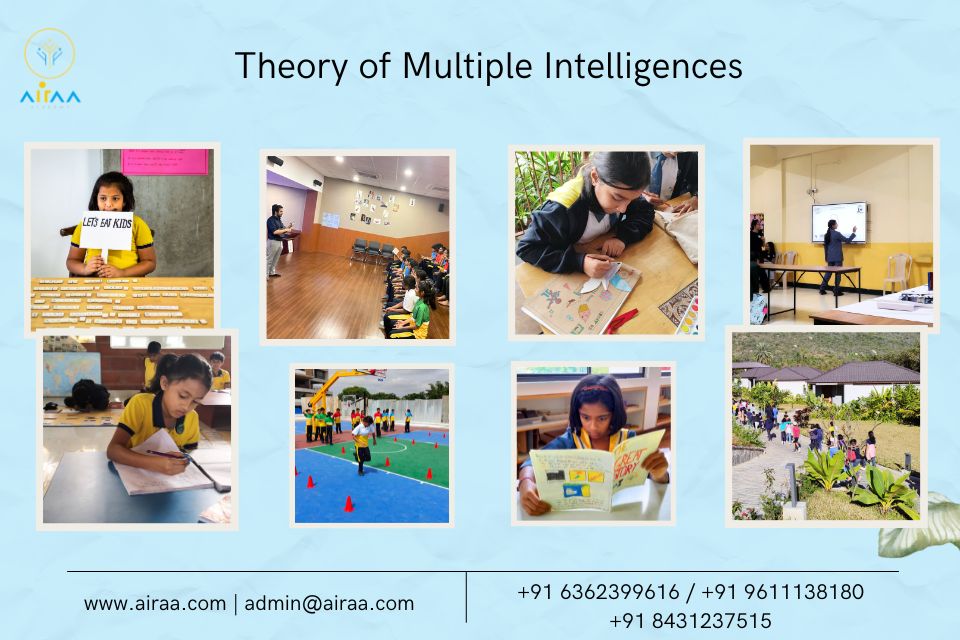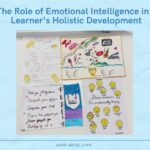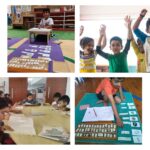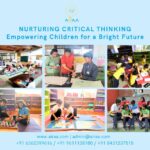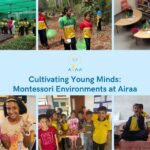The Theory of Multiple Intelligences, proposed by Howard Gardner in 1983, revolutionized the understanding of human potential by suggesting that intelligence is not a single, fixed attribute measurable solely by IQ tests but a diverse set of modalities. Gardner identified eight distinct intelligences—linguistic, logical-mathematical, spatial, bodily-kinesthetic, musical, interpersonal, intrapersonal, and naturalistic—each representing different ways of processing information and solving problems.
This paradigm shift echoes the educational philosophy of Dr. Maria Montessori, who challenged the status quo regarding human abilities and potential, demonstrating that children who were considered slow, deprived and poor could thrive and grow under the right conditions. Dr. Maria Montessori’s methods, developed in the early 20th century, focus on nurturing each child’s unique abilities and interests through hands-on, self-directed learning. Both Gardner and Dr. Maria Montessori advocate for a holistic approach to education, recognizing that fostering a variety of intelligence can help children develop a fuller range of skills and a profound understanding of themselves and their surroundings.
The Intelligences are:
1- Linguistic Intelligence
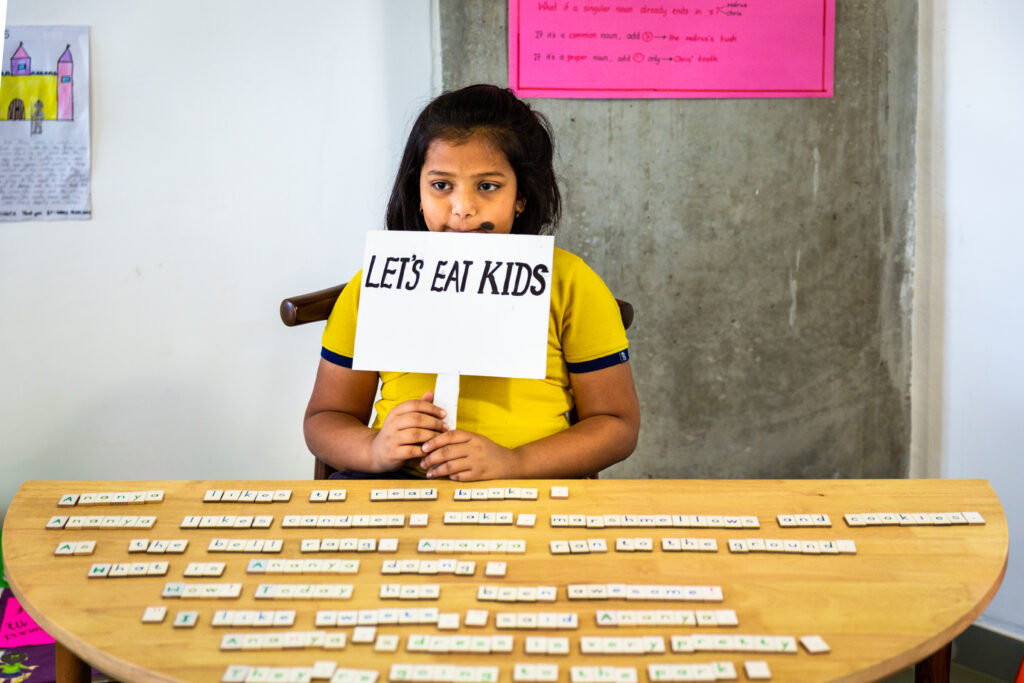
Linguistic intelligence in children manifests as a natural affinity for words and language. These children often show early proficiency in reading and writing, enjoy storytelling, and have a keen ability to remember verbal information. They frequently engage in conversations, ask numerous questions, and display a robust vocabulary for their age. Encouraging linguistic intelligence in children involves providing them with ample opportunities to read a variety of books, write stories or journals, participate in discussions, and play word-based games. Additionally, activities such as poetry recitation, debating, and language learning can further develop their verbal skills. By enabling this intelligence, parents and facilitators can help children enhance their communication abilities, creativity, and overall academic performance.
2- Logical-Mathematical Intelligence
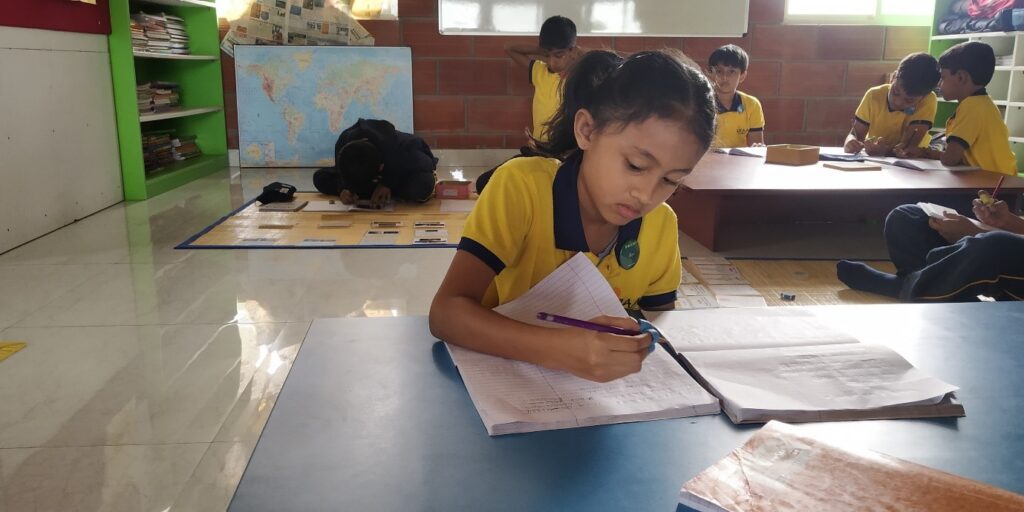
Children with logical-mathematical intelligence possess a natural inclination towards reasoning and problem-solving. They exhibit a keen interest in identifying patterns and uncovering the underlying principles behind concepts. These children excel not only in working with numbers, symbols, and patterns but also demonstrate a strong grasp of reason, correlation, and the sequential steps necessary to arrive at conclusions. They are often drawn to brainteasers, puzzles, and experiments, driven by a curiosity to understand the “why” behind phenomena. This cognitive aptitude extends its utility across various domains, including the sciences, music, sports, politics, and economics.
3- Musical Intelligence
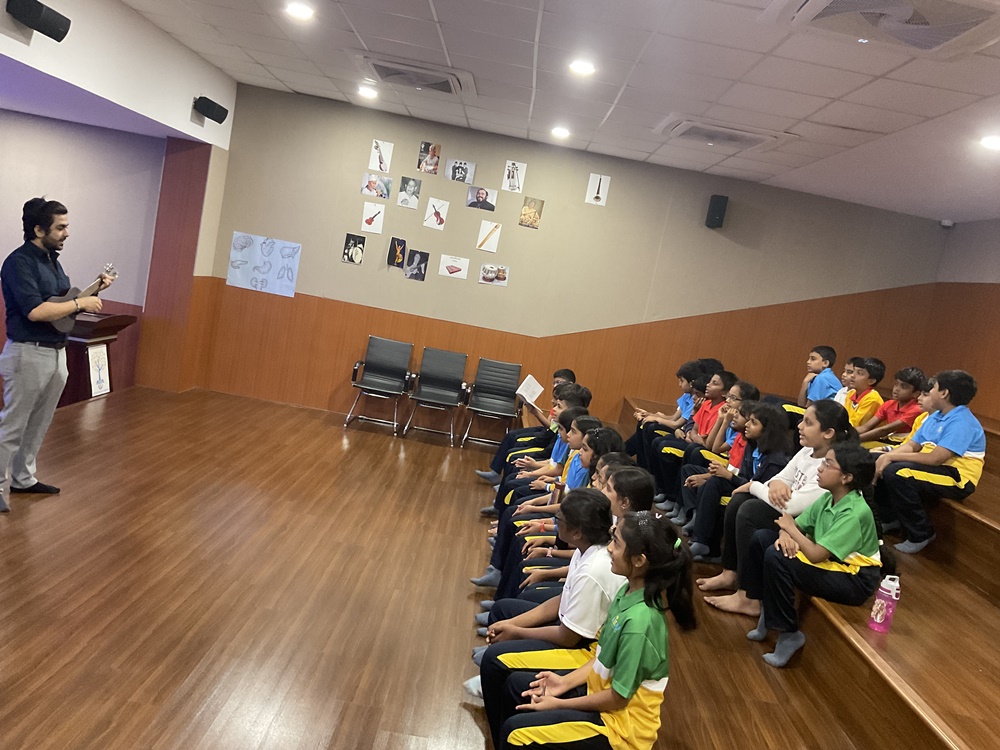
Children with musical intelligence often exhibit a deep affinity for sounds and rhythms, frequently engaging in activities such as singing, humming, or drumming even in quiet moments. They possess a discerning ear, capable of picking up subtle nuances and intricacies in music that others might overlook. These children demonstrate an inherent sensitivity to compositions and harmony, readily distinguishing melodies and understanding the emotional depth conveyed through music. Musical intelligence is not merely a talent; it represents a complete cognitive capacity. The musical mind excels in grasping the intricacies and complexities of sound, analyzing moods, meanings, and emotions conveyed through musical expression.
4- Bodily-Kinaesthetic Intelligence
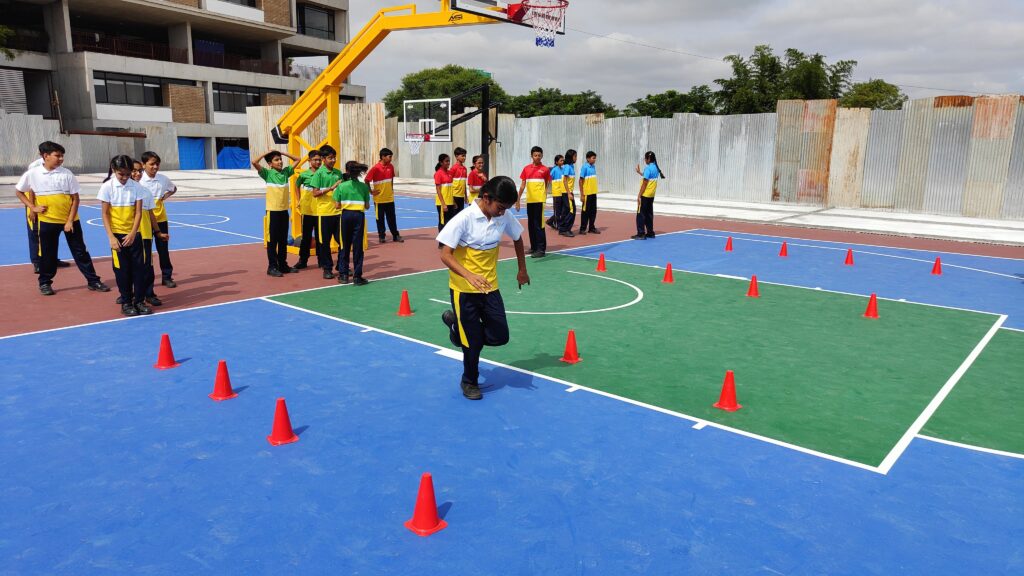
Children with bodily-kinesthetic intelligence learn best through physical engagement and movement. They acquire knowledge by participating in hands-on activities, gaining insights, solving problems, and integrating information through bodily actions. These children are doers and display athleticism and agility in their movements. They excel in activities that require physical coordination and quick reflexes. While they are typically efficient in their actions, they may sometimes exhibit impatience due to their preference for immediate engagement. Hands-on experiences, visualization, and trusting their instincts or “gut feelings” are crucial methods through which they learn and process information. By actively involving their bodies in the learning process, children with bodily-kinesthetic intelligence develop physical skills and deepen their understanding of concepts through experiential learning.
5- Visual/Spatial Intelligence
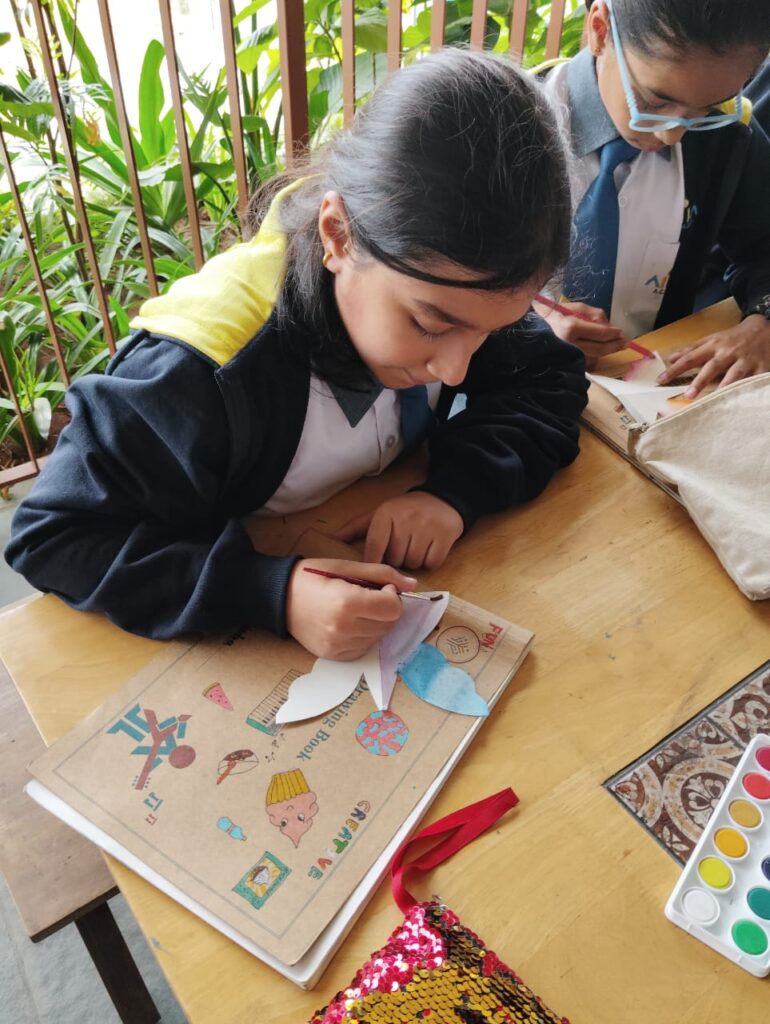
Visual/spatial intelligence is a cognitive strength observed in children who excel in thinking through pictures and images. They demonstrate a keen awareness of physical relationships within shapes, distances, volume, area, and color, displaying adeptness in three-dimensional thinking. Engaging in activities such as solving mazes, puzzles, and building with legos captivates their interest from a young age. These children often exhibit a profound fascination with art and eagerly seek techniques to represent their observations visually. Spatial intelligence is an asset in problem-solving across diverse fields such as architecture, music, art, mathematics, technology, and engineering. By harnessing their visual and spatial abilities, children enhance their creativity and develop critical thinking skills to tackle complex challenges in various domains.
6 – Interpersonal Intelligence
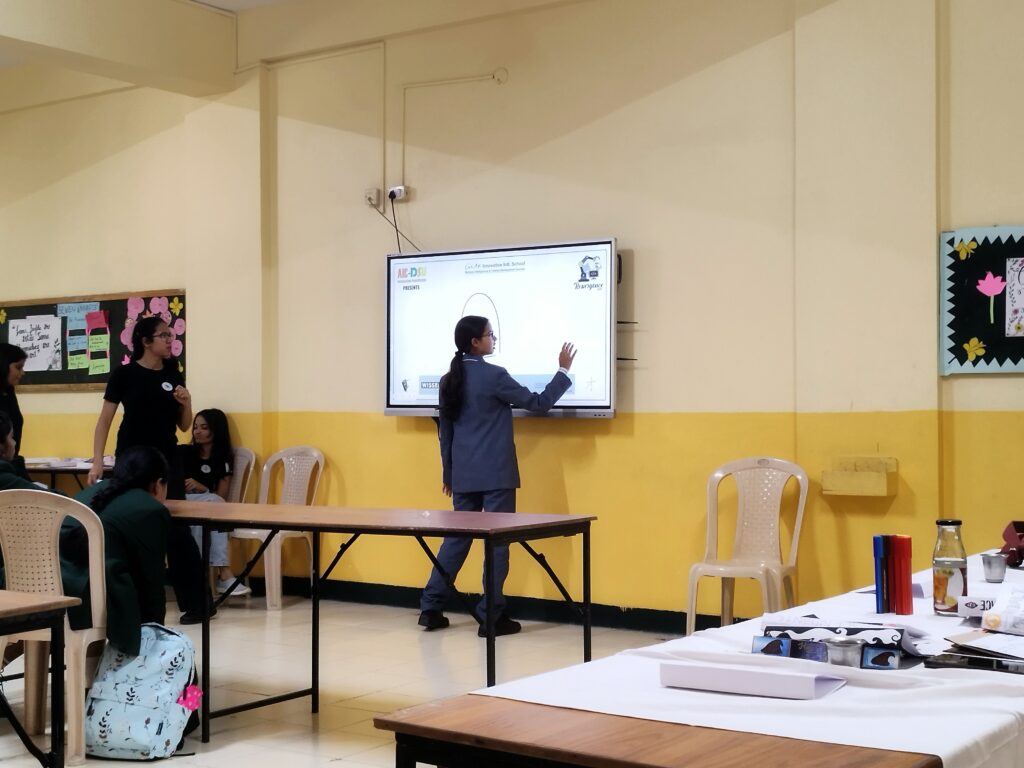
Interpersonal intelligence is characterized by individuals who excel in social relationships and often emerge as leaders among their peers. They possess strong communication skills and demonstrate an acute ability to understand the needs, motivations, emotions, and intentions of others. These individuals are adept listeners and display empathy towards other’s experiences. They excel in decision-making processes that prioritize consensus, valuing the input of all group members. Often talkative, they thrive in social settings and enjoy active participation in group interactions. Their interpersonal strength lies in their ability to connect with others and their capacity to stimulate collaborative environments where everyone feels valued and heard.
7 – Intrapersonal Intelligence
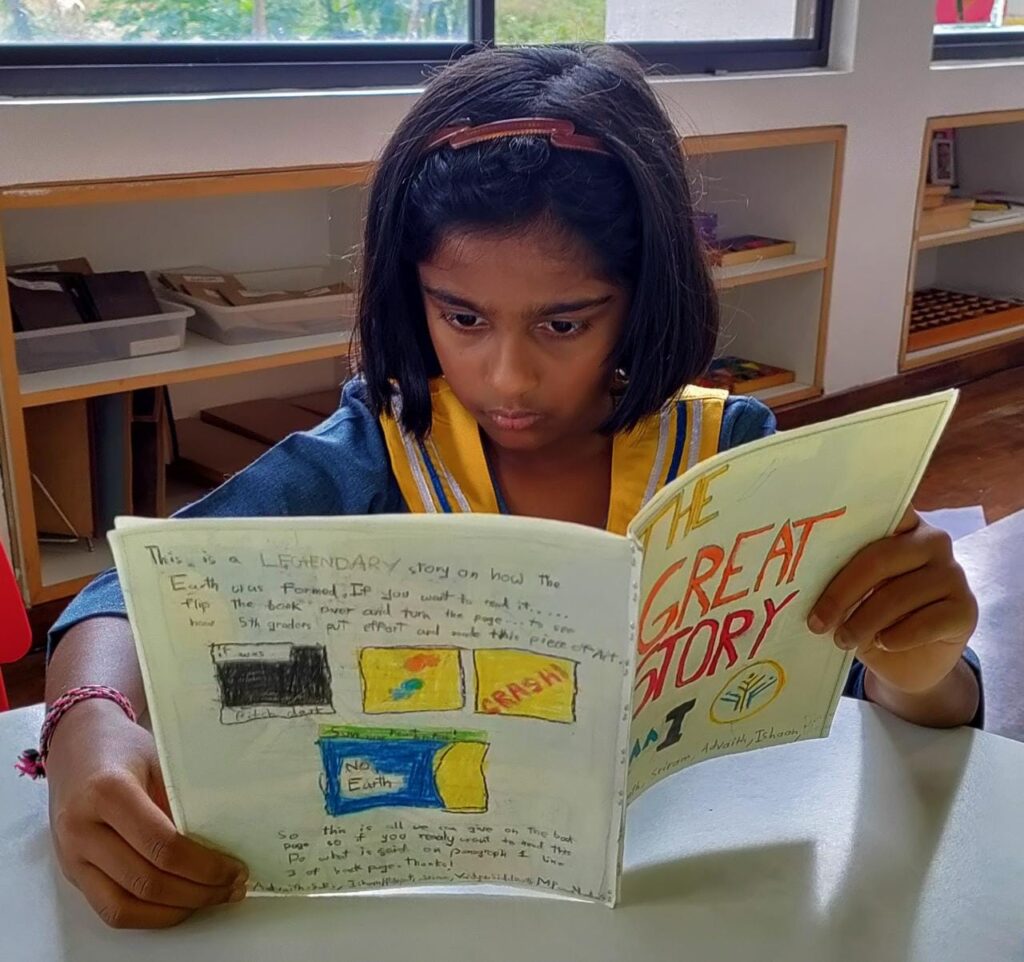
Intrapersonal intelligence is observed in children who possess a heightened awareness of their own emotions. They maintain a strong sense of self, understanding their values and personal attributes with clarity. Preferring solitary activities, they engage in reflective thought processes. While they may appear shy and introverted, potentially lacking interpersonal and linguistic skills, these individuals are often self-motivated and dedicated to their studies. A child with intrapersonal intelligence demonstrates the ability to examine their thought processes thoroughly and arrive at solutions through research and introspection. This introspective skill empowers them to navigate their inner world effectively, leading to personal growth and self-understanding.
8 – Natural Intelligence
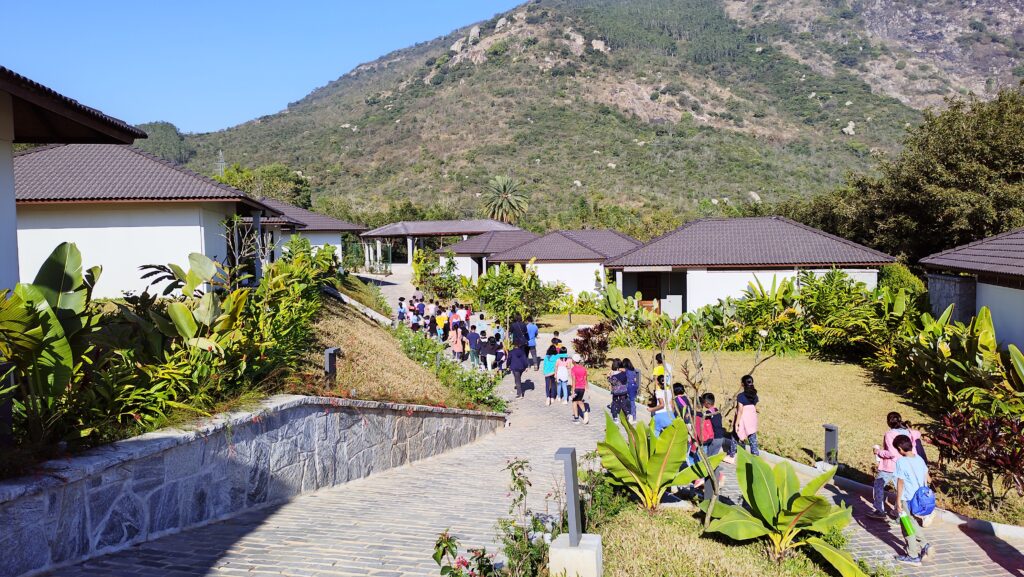
Natural intelligence is observed in children who thrive in outdoor environments. They relish the freedom of space and fresh air, often seeking solitude in nature. Possessing keen observational skills, they exhibit a profound interest in both, large-scale and minute natural phenomena. These children excel in analyzing, synthesizing, understanding, and organizing patterns within the natural world. They are adept researchers with a keen eye for detail. Emotionally, nature serves as a source of tranquillity and provides them with peace and harmony. Their deep connection with the natural environment enhances their cognitive abilities, nurtures their emotional well-being and promotes a profound appreciation for the beauty and complexity of the world around them.
Harmonious Development in a Montessori Environment at Airaa Academy – The Best CBSE School in Bangalore
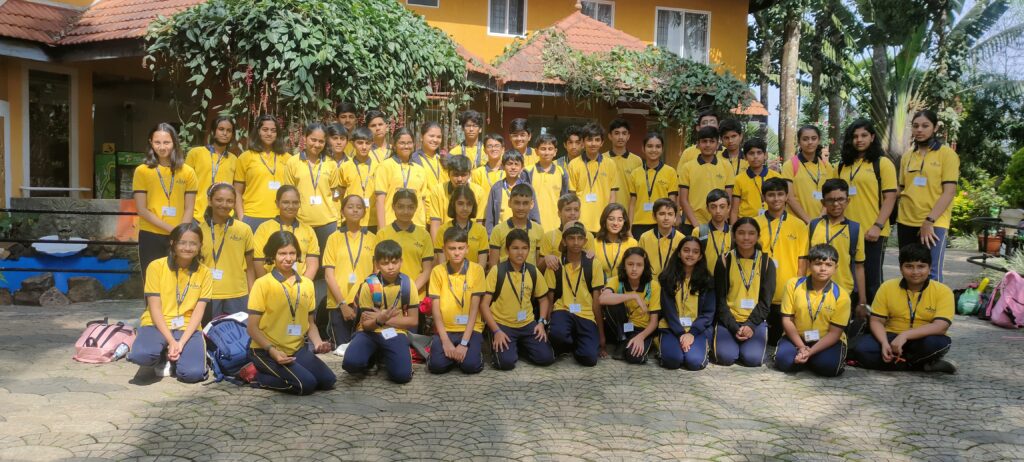
Airaa Academy, the best Montessori school in South Bangalore, embraces the concept of multiple intelligences, recognizing that each child has unique strengths and ways of learning. It provides a diverse and enriched learning environment tailored to individual strengths. At Airaa Academy, a top Montessori school in South Bangalore, linguistic intelligence is developed through engaging storytelling sessions, reading activities, and language games. Logical-mathematical intelligence is enhanced with hands-on materials that encourage the exploration of numbers, patterns, and problem-solving techniques. Spatial intelligence is supported through creative arts, puzzles, and geography projects that stimulate visual thinking. The school emphasizes bodily-kinesthetic intelligence by incorporating physical education, dance, and practical life activities that involve coordination and movement. Musical intelligence is nurtured through music classes, instrument play, and rhythm exercises. Interpersonal intelligence is cultivated through collaborative group work, peer teaching, and social activities, while intrapersonal intelligence is enhanced by encouraging self-reflection and independent study. Naturalistic intelligence is improved through outdoor learning experiences, nature walks, and environmental projects.
By valuing and addressing these multiple intelligences, the Montessori environment at Airaa Academy provides a holistic education that helps each child reach their full potential.
+91 6362399616 / +91 9611138180 / +91 8431237515
Web: airaa.com
Follow us on Social Media: Facebook | Instagram | Youtube
#MultipleIntelligences #MariaMontessori #HowardGardner #BestCBSESchoolInKengeriBangalore #CBSEAffiliatedSchoolInBangalore #MontessoriBasedElementaryIinBangalore BestCBSESchoolInBangalore #BestCBSESchoolInMysoreRoadBangalore #BestCBSESchoolinJayanagarBangalore #BestCBSESchoolInBanashankariBangalore #BestCBSESchoolInKanakapuraRoadBangalore #AiraaAcademy #AiraaAcademyBangalore #ElementaryMontessoriInBangalore #TopMontessoriSchoolSouthBangalore#BestMontessoriSchoolSouthBangalore

